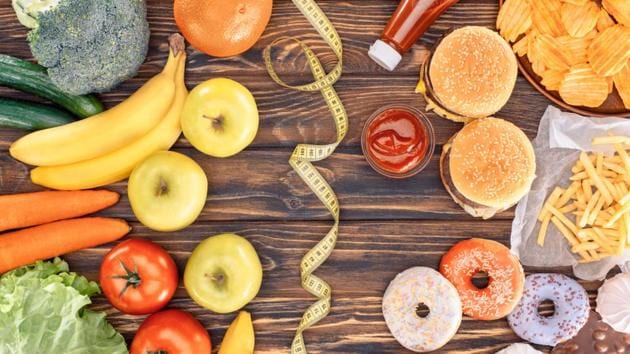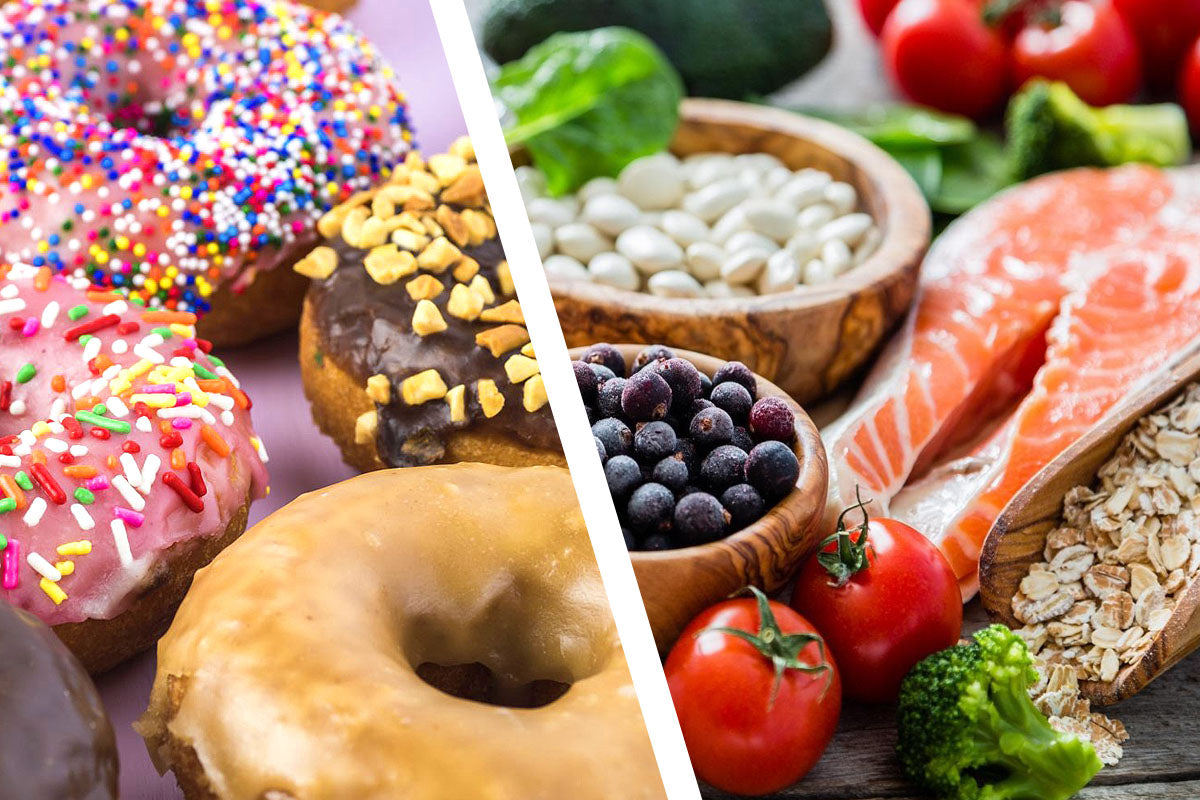When aiming for fat loss, knowing which foods to avoid when trying to lose weight is just as important as knowing which foods to eat. Some items may seem harmless but are high in added sugars, refined carbs, or unhealthy fats that slow metabolism and increase calorie intake. Common culprits include sugary drinks, fried snacks, and processed meals. Avoiding these foods supports steady weight loss, reduces cravings, and helps maintain energy levels. By focusing on whole, nutrient-dense alternatives, you create a sustainable eating pattern. Understanding which foods hinder fat burning empowers you to make smarter choices every day.

Sugary Beverages
Sugary drinks like sodas, fruit juices, and energy drinks are some of the worst foods and drinks for weight loss. They contain high amounts of sugar and empty calories, which spike blood sugar and trigger insulin release. These drinks do not provide satiety, so you end up consuming more calories overall. Replacing sugary beverages with water, herbal tea, or infused water keeps you hydrated while supporting fat burning. Even “diet” sodas can encourage sugar cravings, making weight loss harder. Eliminating sugary drinks is one of the simplest and most effective steps to reduce unnecessary calorie intake.
Fried and Processed Foods
Fried foods like French fries, fried chicken, and potato chips are calorie-dense and high in unhealthy fats. Similarly, processed snacks and ready-to-eat meals often contain preservatives, refined flour, and excess sodium. These foods promote fat storage, cause bloating, and reduce metabolic efficiency. Eating them frequently can undo the benefits of a healthy diet. Instead, focus on grilled, baked, or steamed alternatives. Whole foods like vegetables, lean proteins, and whole grains provide nutrients without the hidden calories. Avoiding fried and processed foods not only helps with weight loss but also improves heart health and overall well-being.
Refined Carbohydrates
Refined carbs such as white bread, pastries, and white pasta lack fiber and digest quickly, causing blood sugar spikes. These items are commonly found in snacks, breakfast cereals, and bakery products. Rapid digestion leads to hunger sooner, prompting overeating. Choosing whole grains, quinoa, oats, and brown rice provides fiber that slows digestion, promotes fullness, and stabilizes energy. Avoiding refined carbs helps reduce insulin spikes and supports fat-burning. Over time, replacing refined carbohydrates with high-fiber, nutrient-rich alternatives leads to more sustainable weight loss and prevents unhealthy cravings that derail your progress.

High-Calorie Desserts and Sweets
Desserts and sweets like cakes, cookies, ice cream, and chocolate bars are high in sugar and unhealthy fats. They spike blood sugar, trigger cravings, and add excess calories quickly. Even small portions contribute to daily calorie surplus, slowing fat loss. Instead, enjoy fruit, Greek yogurt with honey, or dark chocolate in moderation. Choosing naturally sweet, nutrient-dense alternatives satisfies cravings without sabotaging progress. Being mindful of desserts and controlling portion sizes ensures you can still enjoy treats while maintaining a calorie deficit. Reducing high-calorie sweets supports steady fat loss and promotes healthier eating habits.
Alcohol and Empty-Calorie Drinks
Alcoholic beverages like beer, cocktails, and wine contain empty calories that hinder fat-burning. Alcohol slows metabolism and often increases appetite, leading to overeating. Mixed drinks with added sugar and syrups are even worse. Replacing alcohol with sparkling water, herbal teas, or infused water reduces calorie intake while keeping hydration intact. Limiting alcohol consumption also improves sleep quality, which is essential for weight loss. Being aware of liquid calories is crucial, as many people overlook them. Avoiding high-calorie drinks ensures your body focuses on burning fat rather than processing excess sugars and alcohol.
Conclusion
Identifying foods to avoid when trying to lose weight is key to achieving sustainable fat loss. Sugary drinks, fried and processed foods, refined carbs, high-calorie desserts, and alcohol all contribute to excess calories, cravings, and fat storage. Replacing these items with whole, nutrient-dense foods, protein, fiber, and healthy fats supports metabolism and reduces hunger. Consistency is essential—making these changes part of your daily routine promotes long-term success. By eliminating or limiting these foods, you create a calorie-conscious, health-focused lifestyle that encourages natural fat burning and overall well-being. Smart choices lead to lasting results.
